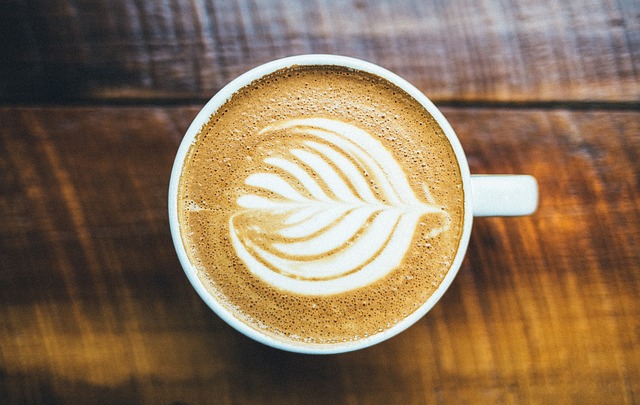
What is that helps you and your colleagues get the working day? A love of your job? Being in sync with your company’s aims and values? Or perhaps it is simply a steady supply of the world’s favourite psychoactive drug: caffeine.
The British drink 70 million cups of coffee each day and 165 million cups of tea – a figure that is only beaten per person by the Irish. The average office worker in the UK spends 24 minutes making brews every day – companies are losing out on £400 a year for each member of staff as we indulge our caffeine habit.
Caffeine is found in varying proportions in a wide range of things, not just tea or coffee. You’ll also find it weight loss and other tablets, cola and even chocolate. A 50g bar of chocolate can contain as much caffeine as a cup of tea.
We’re probably all very familiar with the stimulating effects of caffeine in waking us up in the morning. This happens as caffeine mimics the chemical adenosine in our brain, which is released throughout the day to make us feel tired and get us ready for bed at night. Caffeine blocks the adenosine from reaching our brains, stopping us feeling sleepy and keeping us awake.
While this means you and your colleagues will be perky and eager to start working at 9am, caffeine also has other less desirable effects.
Too much caffeine over a short period of time can leave us feeling agitated, anxious and irritable. It can also reduce our ability to focus: if you’ve ever found yourself darting from task to task without finish, it might be from that extra cup of coffee you had that morning. Next time you’re considering that extra shot in Costa on your way to work, you may find it has the opposite effect on your productivity to what you wanted!
Lack of sleep is one of the biggest reasons cited for kids struggling in schools, but it’s also linked with poor productivity at work too. And caffeine has a big part to play in this.
The caffeine from a cup of joe or a can of RedBull will stay in your system for a lot longer than you think. 6 hours after a brew, half of the caffeine will still be in your system. Depending on your tolerance, just one extra cuppa in the afternoon can make it harder to sleep in the evening. This creates a vicious cycle, as you’ll feel more tired the following morning. And you’ll compensate with, you guessed it, more caffeine.
Does that mean management need to lock up the kettle?
Well, probably not. Notwithstanding the negative effect on morale such a draconian policy will have, going cold turkey with caffeine could make matters even worse. Caffeine withdrawal leads to headaches, fatigue and muscle pain. There are some studies that even suggest much of caffeine’s stimulating effect is just removal of the withdrawal symptoms.
Besides that, tea and coffee breaks have other positive effects too. Learning how a new starter takes their brew, for example, is a simple way for people to start getting to know one-another. They also give people a chance to get up out of their chairs, stretch their legs and rest their eyes from the computer screen. There are other chemicals present in both tea and coffee that have additional health benefits – like theanine in tea that helps you feel relaxed.
While overconsuming caffeine has its drawbacks, making a brew has become part of the furniture of British office life. It doesn’t seem likely to be going anywhere in the foreseeable future.
And given all of our collective addiction, that’s probably for the best.

